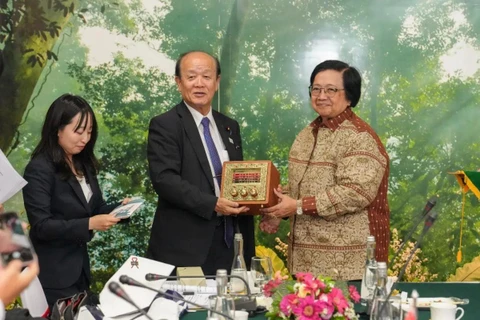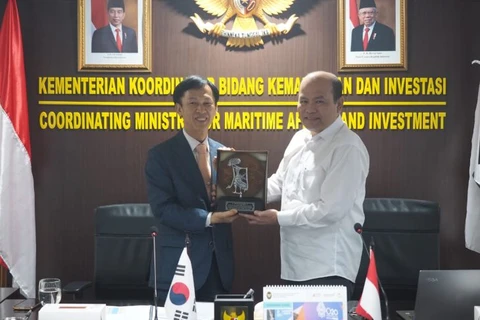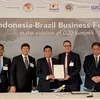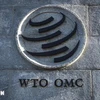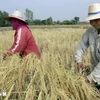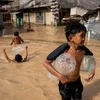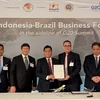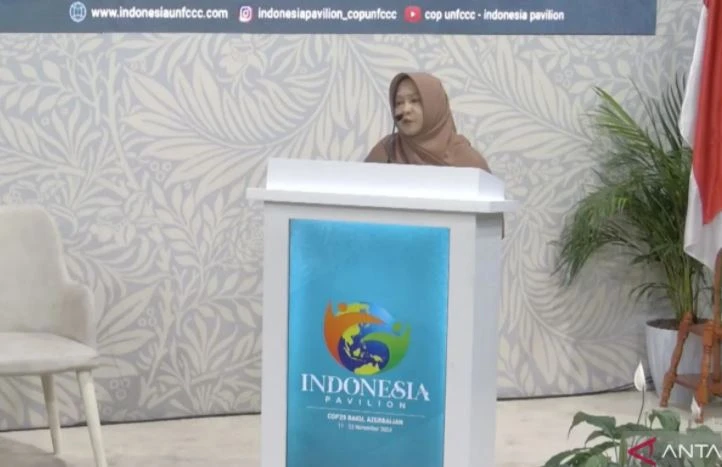
Jakarta (VNA) – The Indonesian Ministry of Environment’s Environmental Control Agency on November 18 launched an ASEAN document entitled “Assessment of Community-based Climate Action (CBCA) in ASEAN” on the sidelines of the 29th Climate change Conference (COP29) in Azerbaijan.
At the launch ceremony of the document, deputy for climate change control and carbon economic value governance at the agency Laksmi Dhewanthi said that Southeast Asia is particularly vulnerable to the impacts of climate change, from rising sea levels that threaten coastal communities to increased frequency of storms and more extreme droughts, due to its geographical location, economic sector, and social characteristics.
If the challenges are not handled, the region could experience a loss of economic potential of up to 35% of the GDP by 2050 from the economic, tourism and fisheries sectors, she said.
This community-based approach recognises the importance of local wisdom, innovation, and leadership in mitigation and adaptation activities, she said, stressing that with the approach, ASEAN could leverage these strengths to promote strategies implemented by communities to reduce greenhouse gas emissions.
The document outlines successful practices of community-based climate action and provides space for knowledge sharing and future collaboration by stakeholders. It also mentions the characteristics of community-based actions, gaps, and challenges as well as key strategies to build community resilience./.
